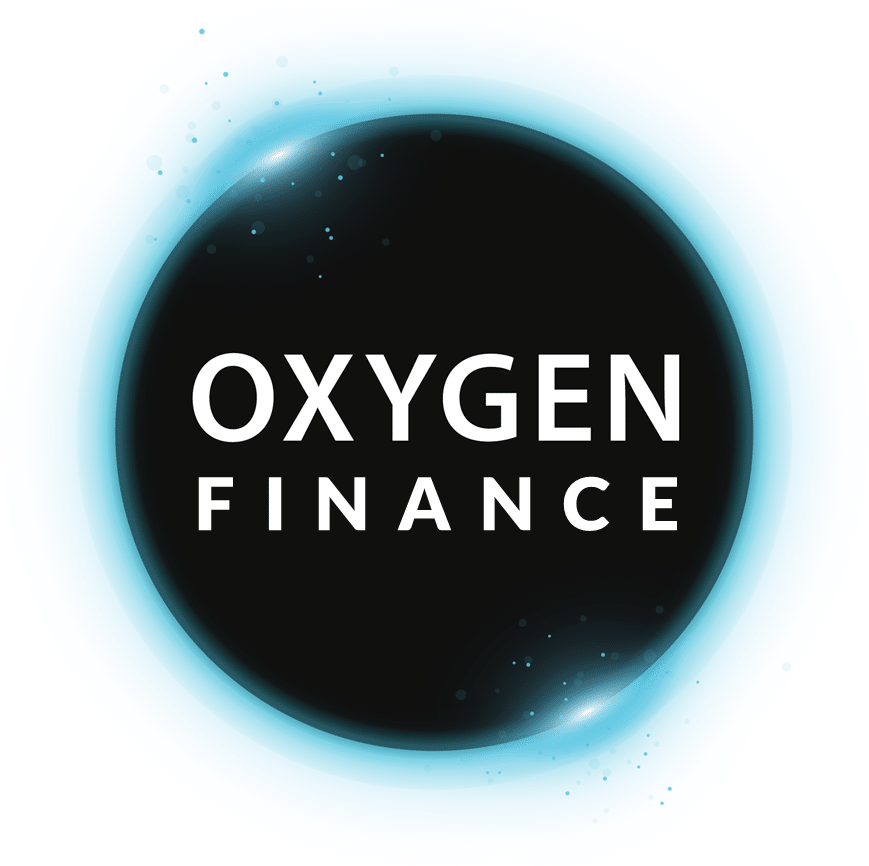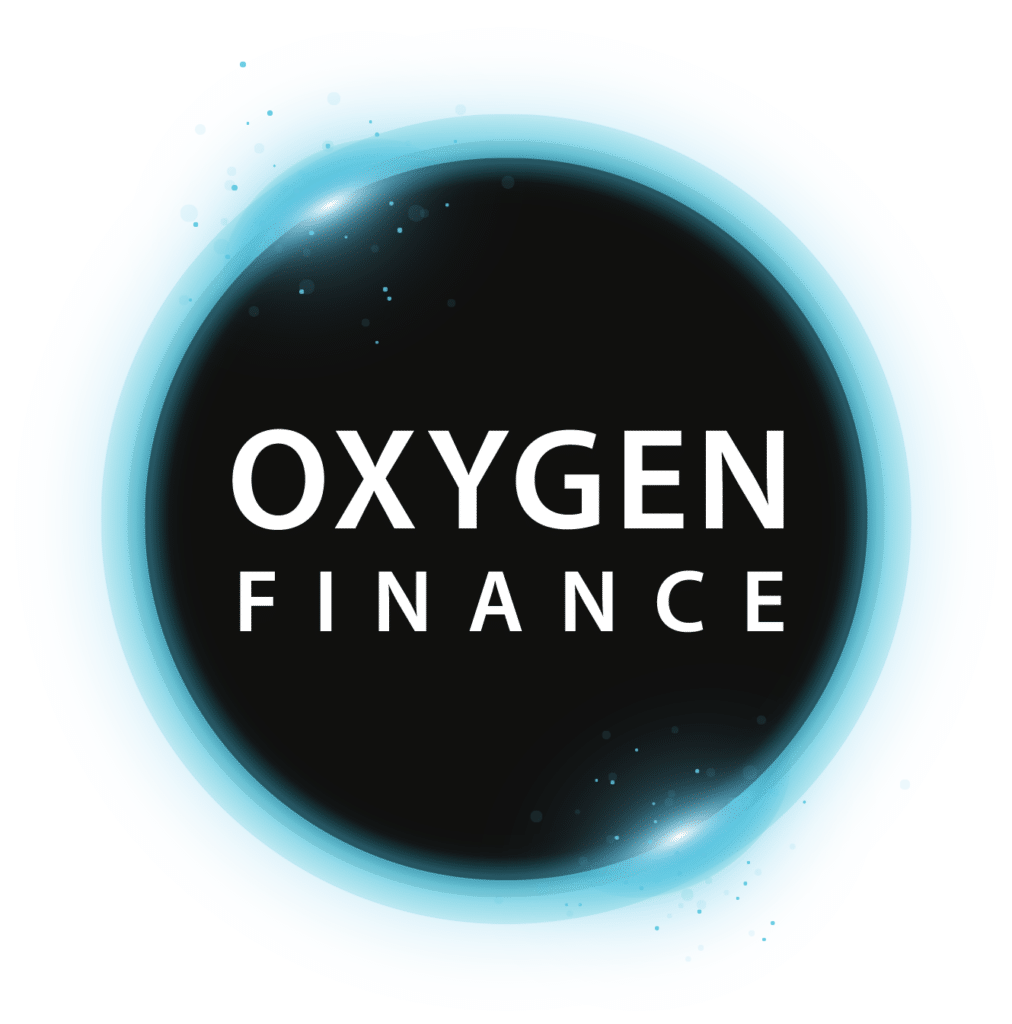The public sector tender process is a well-known, but for many businesses a feared part of the public procurement process. For many years smaller businesses have been underrepresented in the public sector contracts tender process, in part due to the lack of resource or experience in being able to respond to public sector tender documents.
James Jordan, Sales Director at Oxygen Finance Insight Solutions, speaks to John Newton to shares some advice and knowledge on how to better respond to public sector tenders, expanding on some tips gleaned by Oxygen’s research team. This team continually evaluate public sector procurement tender documents and see what wins, so are best-placed to be able to identify some of the key elements that sales and business development people should consider when crafting their own bid response.
John: “Let’s get straight to it – what’s the first thing that people should consider when putting together a tender response?”
James: “Proof you can do the job. The public sector can often be reluctant to buy from someone if they have no proven track record of success. After all this is public money, and quite naturally we expect the contracting authority to be responsible with it and seek fair competition. As a consequence, they’re looking for evidence in your tender submission that you can deliver what you say, based on what you’ve done before – a case study or other authorities to reference against.”
“So, your bid should include details of a friendly client who you’ve delivered some work for before who act as your reference. To get that reference, you may need to do some work beforehand at a very discounted rate for an authority, or even free of charge – but once you have that contact you can use them again and again in your bid responses.”
“This is one of the challenges for new bidders; if you’re new to the government market, you may struggle to gain traction, because public sector organisations don’t tend to be at the bleeding edge of innovation.”
John: “Is it important that authorities reduce their risk when they’re making a procurement decision?”
James: “Absolutely. You must make it easy for an authority to buy from you. All authorities want to be able to award public sector contracts with as little risk as possible. This is where frameworks come in. If you can be part of a framework, this provides a mechanism in the bidding process to make it easier for the buyer to give you the contract award. To be clear, don’t just take being on a framework as a guarantee that you’ll instantly win some business – just being on a framework does not mean that business is handed to you on a plate. Nevertheless, if you are on the relevant framework then it put you in a better position when you come to tender writing.”
John: “What else matters when responding to a tender opportunity?”
James: “Authorities are mandated to increase the emphasis they place on social value during the tendering process and the environmental impact of their supply chain decisions, aka ‘green procurement’. Successful bidders understand this and know that CSR is not just the right thing to do, it is now table stakes if they want to compete as a potential supplier for major contracts in the future. So, they will ensure that the work they have done and continue to do around ESG is enough to maximise the scoring for that criterion, say 5%, on that tender.”
John: “So far we have proof and ESG credentials. What else should someone bidding for a government contract opportunity consider in their response to tender documentation?”
James: “The last thing is, unsurprisingly, price. Most tender opportunities are still heavily price dependent. You might have the best product, you might have a best service and all the right social value initiatives. But if you don’t price it right, you’re not going to win. One of the big benefits of knowing the authority and what they’re looking for earlier in the process is that you can form an idea as to the price mark they’re looking at. That’s why using tools like Oxygen Insights to understand what’s been awarded and for how much is so crucial.”
John: “If there was just one final tip on the bid writing process for government contracts you could leave a potential bidder with, what would it be?”
James: “It’s making sure that your opportunity capture is in order. What are you doing to finding those contract notices in the first place? People can miss them. Do you have a process to capture public tender opportunities, both pre-procurement and at procurement stage, and is it efficient enough? This is the problem that the Intelligence we capture in Oxygen Insights solves. Our researchers have a strong track record of identifying procurements from anywhere from three months up to two years in advance of the formal contract start date, which means our customers can influence a decision before formal procurement commences. No more scrambling around at the last minute to respond to a buyer you don’t even know.”
“What happens too often is that a tender lands, you’ve no previous awareness of it, and you now can’t speak to the local authority because the tender stops you from direct contact during the tender period. So, based solely on the tender document, assuming you’ve managed to find it first, you’ve got to scramble around and try and figure out whether you even bid for it or not.”
“And there are a bunch of other questions you will need answers to; Do we know who the incumbent is? Is this a real opportunity, or is it just a statutory periodic procurement exercise to tick a box, and so on? You’d better know the answers, because it often costs a hell of a lot in time and resources to bid, which then has the potential to derail loads of other stuff internally because your tender response will immediately take priority.”
Creating a tender response is a crucial part of the contract procurement process. National and local governments need to ensure that the awarding of contracts is done in the best interest of the public, and that the winning bid is cost-effective. The grading of tender responses ensures that the final contract is awarded to the most suitable candidate. Hopefully these tips will improve your chances of being that candidate.




